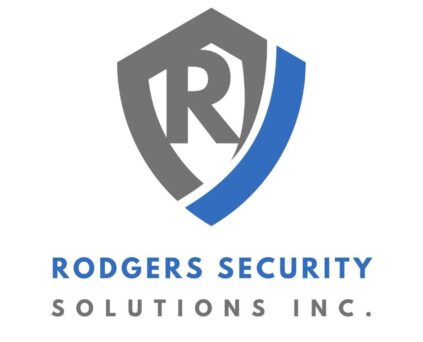Sourcing (Candidates)
Sourcing is about building the people pipeline. It’s the process of identifying, attracting, and screening candidates who can meet RSS’s staffing needs. This ensures we have reliable personnel ready to deploy for contracts.
Example: You post a job ad for event security, review resumes, and call qualified applicants for interviews. That’s sourcing. Your “customer” in sourcing is the candidate.
- Purpose: Build a pipeline of qualified candidates ready for roles.
- Focus: Recruiting individuals who meet RSS standards.
- Methods:
- Job postings (Indeed, Craigslist, ZipRecruiter, etc.)
- Social media outreach (FB groups, LinkedIn)
- Referrals from past/current staff
- Key Skills: Screening, interviewing, compliance checks, record-keeping.
- End Goal: Have reliable, trained staff to fulfill contracts.
Selling (Clients)
Selling is about building the client pipeline. It’s presenting RSS’s services to potential clients, explaining our capabilities, and showing how we solve their security problems. This ensures RSS has consistent contracts to keep people working.
- Example: You contact a property management company that’s had theft issues, explain how RSS patrols reduce incidents, and set a meeting with the decision-maker. That’s selling. Your “customer” here is the client.
Purpose: Build a pipeline of clients who trust RSS for their security needs.
Focus: Outreach, relationship-building, and showing RSS’s value.
Methods:
- Cold calls/emails to potential clients
- Warm outreach via referrals or past contacts
- Researching city contracts, events, or venues needing coverage
Key Skills: Communication, professionalism, listening to client pain points, and presenting solutions.
End Goal: Secure contracts and retain clients for long-term revenue.
Why Both Matter
- Recruiting without selling = Staff with no work (idle payroll, wasted effort).
- Selling without recruiting = Contracts we can’t staff (damaged reputation, liability risk).
- A Hybrid Recruiter ensures balance: RSS always has the people and the contracts lined up.
In a hybrid role, you’re doing both: keeping the candidate pipeline full and the client pipeline growing. Think of sourcing as “fuel” for staffing, and selling as “fuel” for contracts. Without one, the other stalls.
